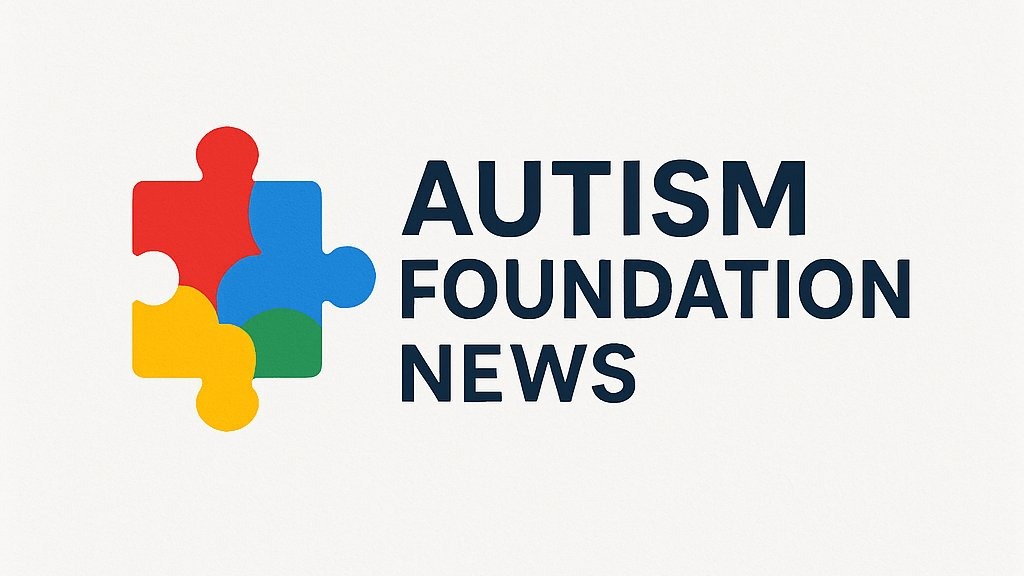
The Importance of Positive Focus for Children
Amid the daily hustle, kids often find themselves overwhelmed by emotions. Whether it's academic pressures, social interactions, or the constant barrage of screens, it's no wonder children sometimes struggle with negative thoughts. Through guided meditation, we can help redirect their focus towards positivity, enhancing their emotional resilience.
Breaking the Cycle of Negativity
Our brains are wired to pay more attention to negative experiences, a survival mechanism that has persisted since ancient times. However, in today's world, this tendency can hinder children’s emotional stability. A recent study shows that mindfulness practices alleviate feelings of anxiety and improve overall well-being. For kids on the autism spectrum, fostering a positive mindset through mindfulness can be particularly impactful, enabling them to navigate daily challenges.
How to Cultivate Mindfulness in Your Child
Introducing meditation to children can seem daunting, but it doesn’t have to be. Simple practices, such as the breathing exercises outlined by Dr. Mark Bertin, allow kids to engage with their emotions and learn mindfulness. For instance, encouraging children to notice their breathing not only calms them but also emphasizes self-awareness. Activities like the "Three Good Things" game can further instill a habit of gratitude, helping children recognize positive moments even amidst difficulties.
Practical Tips for Caregivers and Educators
Parents and educators can play a crucial role in guiding children towards mindfulness. Creating a routine that includes short meditation sessions can be highly beneficial. Utilize tools such as breathing balls or mindfulness apps tailored for kids, which bring engaging visuals and playful interactions into the practice. It's essential to lead by example; when children witness adults practicing mindfulness, they gain a better understanding of its benefits and feel encouraged to participate.
Addressing Unique Challenges in Autism
For children with autism, meditation can serve as a sensory tool, fostering a calmer internal environment. Research indicates that mindfulness practices enhance focus and emotional regulation in these children, providing them with the skills needed to manage stress effectively. More importantly, it opens avenues for social interactions as they learn to recognize their emotions and those of their peers.
Embracing Positive Change
Regularly practicing mindfulness can improve mood and foster social connections among children. As they learn to shift focus from negative experiences to moments of gratitude, they develop essential life skills such as resilience and empathy. This shift is imperative in today’s world where mental health holds paramount importance. Having positive rituals in place lays the foundation for healthier emotional experiences, not just during childhood but well into adulthood.
Engage in Mindfulness Today
Encourage your child to embark on their mindfulness journey today by integrating techniques discussed here into their daily routine. Practicing meditation together as a family can transform this experience into a bonding activity.
In conclusion, mindfulness isn't merely a tool; it's a pathway to rejuvenating children's mental health frameworks. By raising awareness and instituting these practices, we can help young minds flourish amidst today's complexities.
 Add Row
Add Row  Add
Add 




Write A Comment